
Update: This article was last updated on 17th October 2024 to reflect the accuracy and up-to-date information on the page.
We are living in a technology-dominated era, and in this era, coding, including creative coding, is seen as an essential skill that is applicable across a wide range of industries. The best part about coding is that beyond its practical applications, it offers endless opportunities for creativity and innovation. Creative coding allows us to use programming not only for functional purposes but also as a medium for artistic expression. We can use creative coding to foster creativity and unlock possibilities in children who can learn essential skills such as logical thinking, problem-solving, and attention to detail.
When we use creativity with coding, or creative coding, we mean finding fun and engaging resources to introduce children to computer programming, allowing them to create games, animations, and other interactive projects.
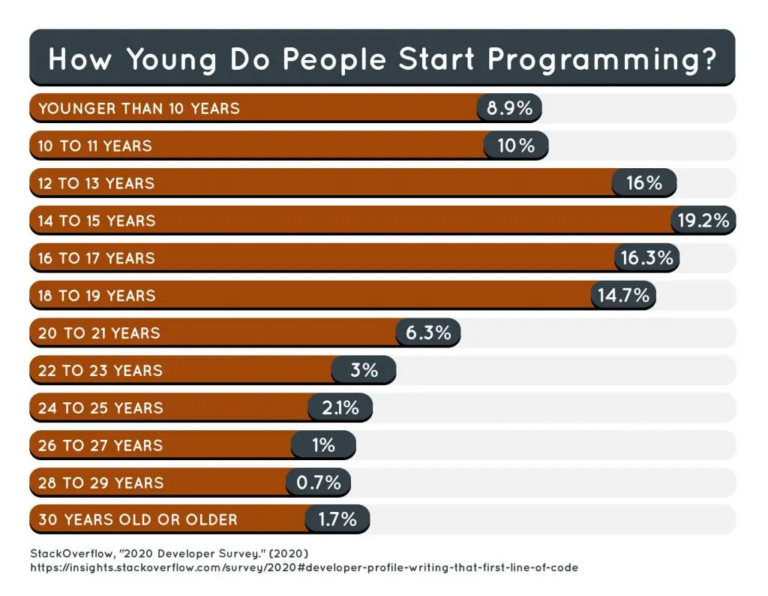
What is creative coding?
Creative coding is all about using code and programming languages for kids to create more artistic and customized web designs. Unlike typical coding, which focuses on functionality—like the code behind a navigation app—creative coding is purely for artistic expression. This type of coding can take many forms, from digital paintings and data visualizations to interactive art and even robotics. Coding classes for kids can introduce them to the world of creative coding, allowing them to develop not only technical skills but also creativity.
What makes creative coding so powerful is its flexibility. Since programming is so versatile and widely used, it opens up endless possibilities for creating unique and expressive digital art. Coding classes for kids can help them explore these endless possibilities while fostering innovation and problem-solving in a fun and engaging way.
| S.No. | Content |
|---|---|
| 1 | Minecraft |
| 2 | Google Logo |
| 3 | Coding With Cards |
| 4 | Hotwheels From Start To Finish |
| 5 | A Maze With Chalk |
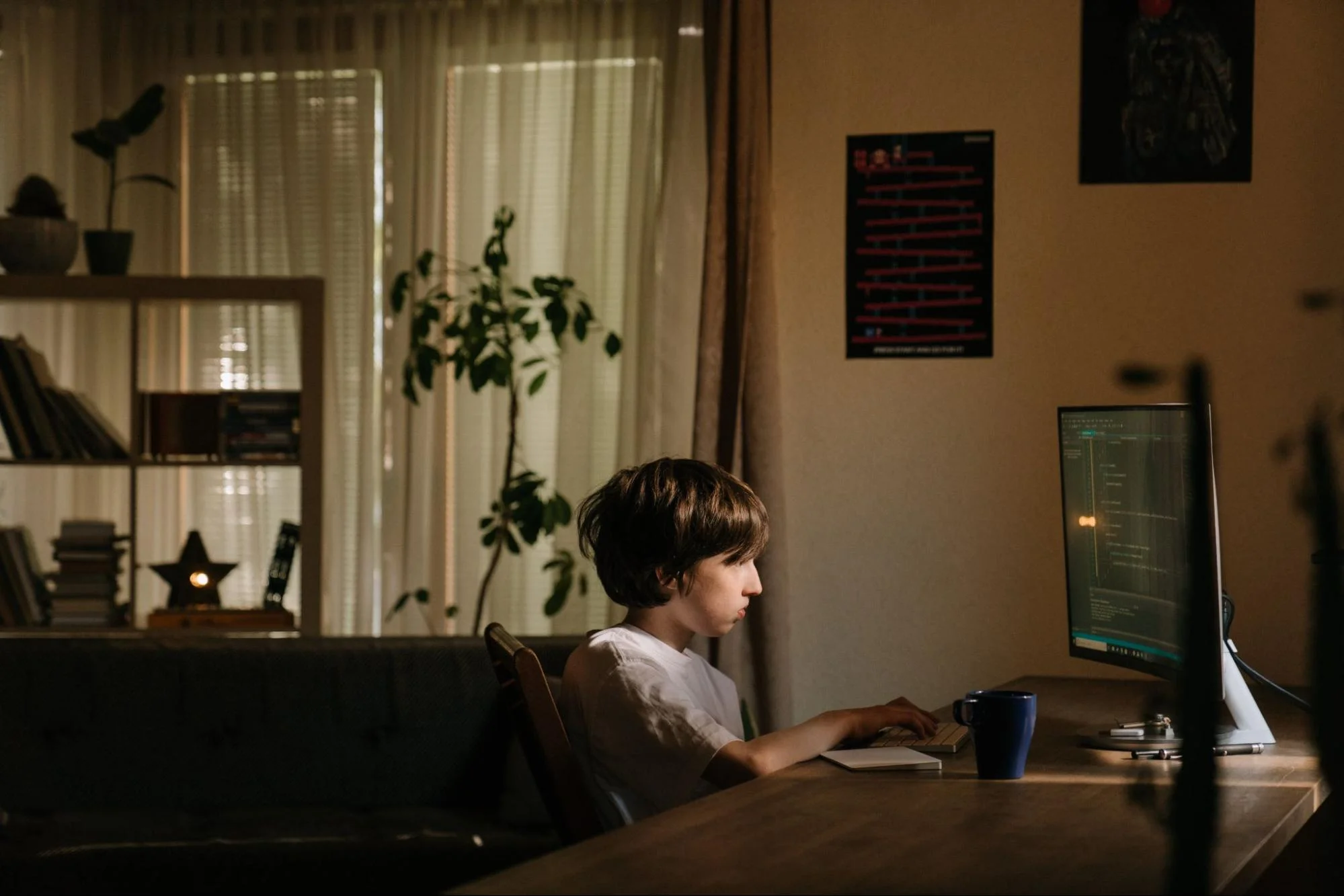
Here are five fun activities to get creative with coding:
1. Minecraft
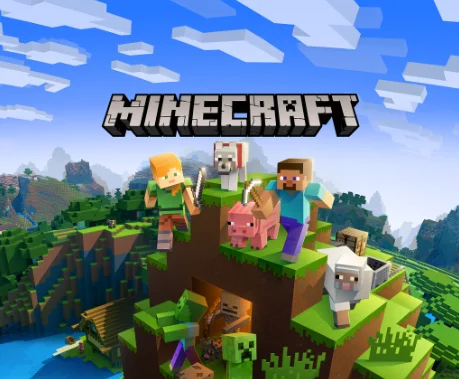
Usually, children are familiar with the characters of this popular game. Developed by Code.org, this game splits the computer screen into three sections. The extreme left displays a Minecraft task; the midsection lists code blocks, and there is a work area at the right. The player has to complete the Minecraft task by choosing the correct code blocks and ordering them in the correct sequence in this work area.
The game’s benefit is that it helps children learn to program and modify the game via code. It also fosters computational thinking and problem-solving skills in them.
2. Google Logo

A Google School offering, the platform engages children with the Google logo and encourages them to create imaginative iterations, such as animating each character or creating special effects. The game uses Scratch coding for kids, a programming language designed by MIT for kids. For detailed instructions to carry out the different tasks, children can consult the Google website. The logo project, which is Google’s effort to teach computer science to kids, is an excellent and easiest way to stimulate creativity in children.
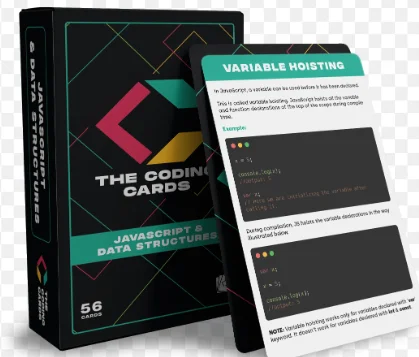
A non-computer activity, it helps in accomplishing goals with the help of playing cards. For instance, children can create a grid by laying the cards face down on the floor and placing some obstacles in the maze. Next, the players will use a toy robot to navigate the maze. The kid provides detailed and specific instructions to avoid barriers along the path. This task is similar to coding, which involves giving clear instructions to the computer to complete specified tasks.

This one also involves a maze. Instead of toy obstacles, this one has lava-filled danger areas (colored squares). Create the maze using tape and colored paper. The Hotwheels must traverse the maze from Start to Finish without landing in the lava. Cards with Up, Down, and Left and Right pointing arrows are available to help the kid chart the path. Again, kids learn to give clear instructions that work to complete a task.
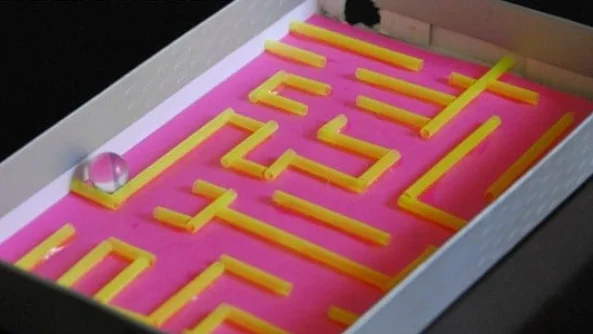
Simple yet educational, the task is to draw an 8×8 grid using chalk. Next, mark some of the squares as watering areas. Interstingly, if the child can guide their teacher or parent (who represents a robot) in one of these squares, they can use a water gun and spray the robot with water. To accomplish the task, it is essential for the child to give specific instructions to direct the robot to the watering square.
Benefits of creative coding
1. fosters Creativity: Creative coding encourages thinking outside the box by using code as a tool for artistic projects, helping individuals explore new ways of expressing ideas through digital media.
2. Enhances Problem-Solving Skills: Creative coding challenges people to solve complex problems and think critically about how to turn their artistic vision into reality using code.
3. Improves Logical Thinking: Creative coding involves writing clear, structured code, which strengthens logical reasoning and computational thinking skills—essential in both programming and everyday life.
4. Encourages Experimentation: With creative coding, there’s no right or wrong answer. It promotes a playful, exploratory mindset, allowing people to test ideas, learn from mistakes, and iterate.
5. Increases Engagement in Learning: By combining creativity with programming, creative coding makes learning to code more engaging, especially for kids. It shows how coding can be fun and rewarding beyond purely technical applications.
6. Builds Technical Skills: Creative coding still teaches foundational programming languages like JavaScript, Python, or Processing, helping learners gain valuable skills applicable in tech-driven fields.
7. Expands Digital Literacy: As digital art and interactive media become more prominent, creative coding enhances understanding of how technology shapes the creative world, preparing individuals for modern creative industries.
8. Boosts Confidence: Completing creative coding projects can build confidence, as individuals see their ideas come to life through their own code and problem-solving efforts.
Conclusion
These activities are both engaging and educational. The elements of excitement keep children occupied. It pushes them out of their comfort zones without putting them under pressure, and they learn the following skills:
- Give clear instructions to accomplish a desired result.
- Articulating and sequencing steps in the correct order to complete a task
- Using tricks like looping
- Problem-solving and decoding making by correcting the mistakes
Moonpreneur is on a mission to disrupt traditional education and future-proof the next generation with holistic learning solutions. Its Innovator Program is building tomorrow’s workforce by training students in AI/ML, Robotics, Coding, IoT, and Apps, enabling entrepreneurship through experiential learning.
























